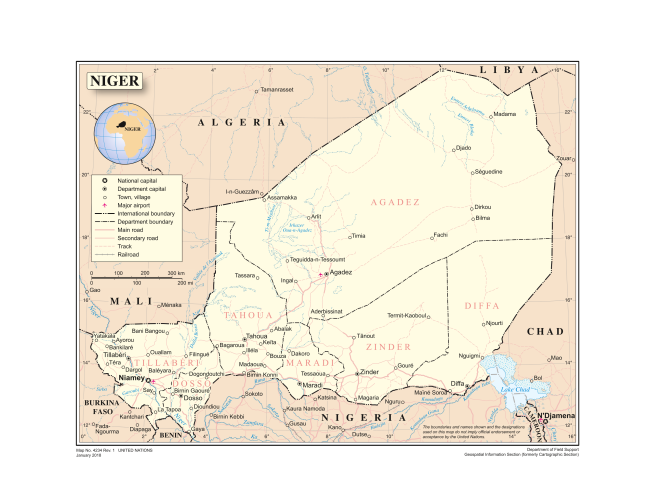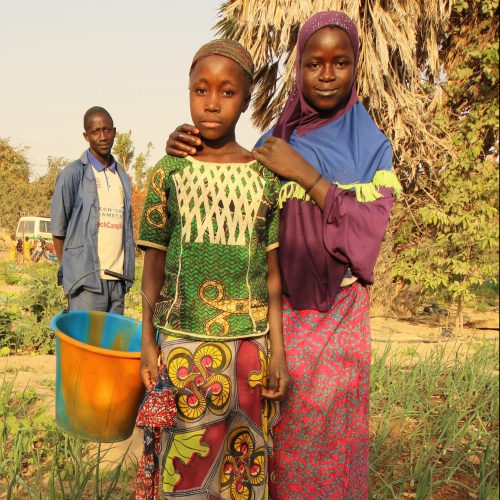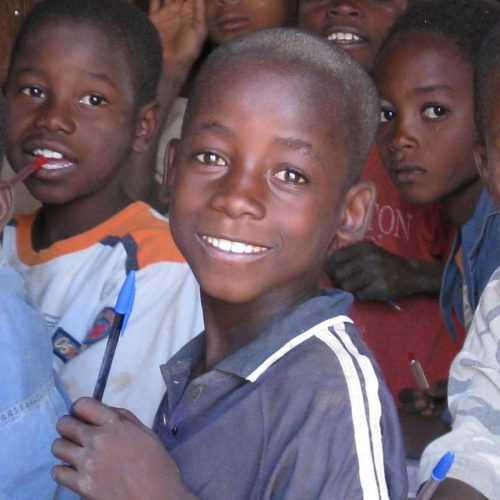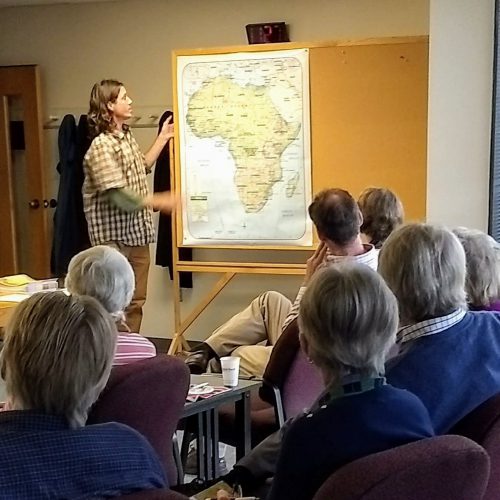Dear Friends and Supporters,
As you may be aware, the security and stability of Niger, particularly in the western region of the country, have been deteriorating in recent months. We are keeping a very close watch on conditions, and while no final decisions have been made, the circumstances have impacted RAIN’s work in the Tillaberry Region.
Our commitment to providing education and opportunity to rural and nomadic peoples remains undiminished yet our highest priority must be the safety and wellbeing of our partner communities and RAIN colleagues. You are a valued supporter of RAIN, and I wish to provide you with a brief summary of conditions. In the coming weeks, I will follow-up to lay out in more detail RAIN’s plans to adapt to these shifting conditions.
- While a tenuous security situation is not new to Niger, previously the country was fortunate that the bulk of the threat was contained at or near the country’s borders. International security experts often refer to Niger as “a good neighbor in a bad neighborhood.” Unfortunately, Niger is now experiencing greater impact within its borders.
- As al-Qaeda, ISIS, and Boko Harem have been defeated elsewhere, their presence in the Sahel has grown. These groups exploit local tensions while inflicting violence on populations that resist. Recently, attacks within Niger have increased in frequency and severity, and many schools have been closed.
- France leads “Operation Barkhane,” an anti-insurgent operation in the Sahel, and operates in conjunction with the G5 Sahel, a joint regional counterterrorism force including forces from Burkina Faso, Mali, Niger, Chad, and Mauritania.
- The U.S. has about 800 service members and a large drone base in Niger. The U.S. works with Niger to provide training, logistics, radio, and other security and intelligence support. U.S. forces also support intelligence collection for France and other allies. There are mixed signals from Washington D.C. regarding continued U.S. commitment to a security partnership in West Africa.
RAIN staff and board members have been quick to identify and assess these shifting dynamics. Fortunately, RAIN’s local staff enjoys a broad network that keeps us up-to-date as the landscape changes. It is critically important to be vigilant and responsive to the reality “on the ground” in order to make informed decisions that continue to support our mission of education and opportunity, make effective use of our resources to deliver on our programs, and keep our staff — and the communities they serve — safe.
We continue to monitor the situation closely, and are in regular contact with international security professionals and our fellow NGO colleagues to determine the best next steps.
Please know that we remain firmly committed to RAIN’s mission and remain confident in our continued ability to serve rural and nomadic communities across Niger. As we engage in the vital, ongoing work of RAIN, we will keep you apprised of the situation and let you know how we will adapt to changing conditions.
If you have any questions or concerns, please feel free to reach out to me directly at 603-371-0676 or katherine@rain4sahara.org.
With gratitude for your continued support,
Katherine Kolios
Executive Director of Rain for the Sahel and Sahara





